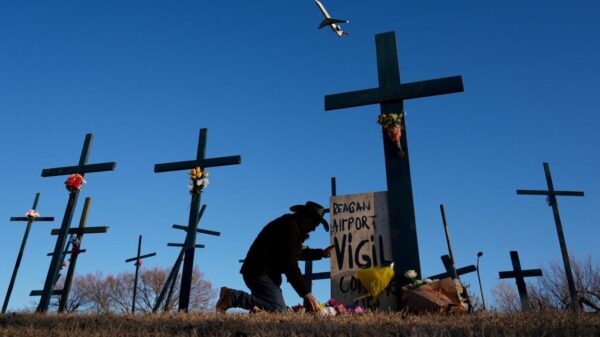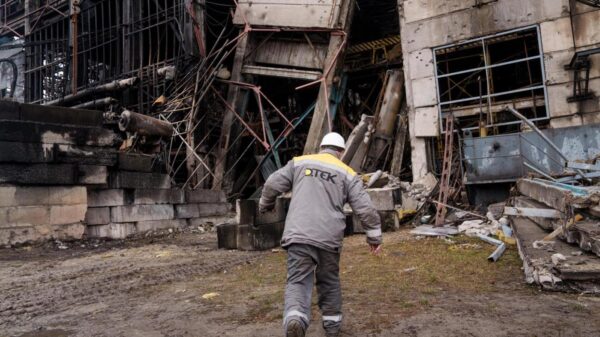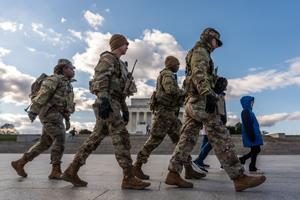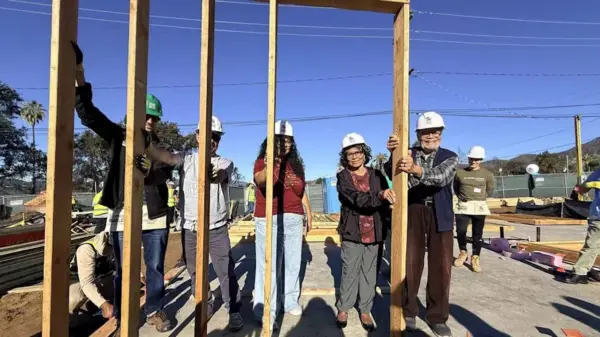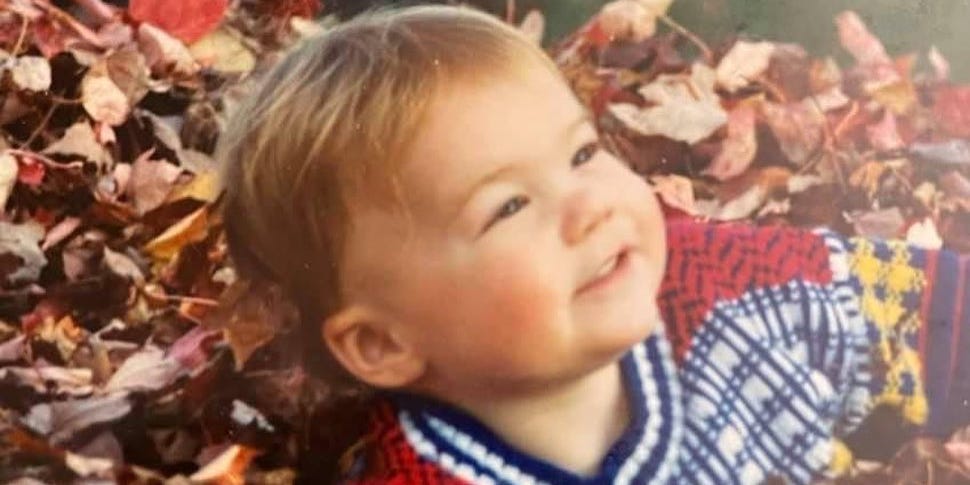ALBANY, NY – A mother’s attempt to shield her son from harm ended in heartbreak as he was tragically killed in the very state they left to protect him.
Michele Morgan Bolton moved her family from New York to Massachusetts to protect her son, Alex, from relentless bullying. Fourteen years later, Alex was killed in a mass shooting in Albany, New York, the very place she tried to shield him from.
Immediate Impact of Tragic Loss
Bolton had Alex at the age of 31, and he was a vibrant child with a love for soccer, “Star Wars,” and exploring the outdoors. However, as he entered late middle school, bullying became a constant torment. Despite efforts to address the situation with the school, the harassment persisted.
Feeling worn down and seeking proximity to her ailing mother, Bolton decided to relocate her family to Massachusetts, hoping for a fresh start and a respite for Alex.
Key Details Emerge
In Massachusetts, the family rebuilt their lives. Alex completed high school, joined the Army, and served two tours in Afghanistan. He returned home with significant injuries and lung disease, a consequence of exposure to burn pits during his service.
Despite his struggles, Alex attempted to adapt to civilian life, but his health challenges and deepening depression made it difficult. He moved back in with his mother and sister, Tori, for support.
By the Numbers
14 years after moving to Massachusetts, Alex was killed in Albany, NY.
2 tours in Afghanistan left Alex with lasting injuries.
29 years old at the time of his death.
Background Context
Alex’s life was marked by resilience and service. He was decorated for his military service but returned home a changed man. The transition was difficult, and his lung disease progressed, making employment impossible and contributing to his depression.
Shortly before his death, Alex was accepted into a veterans’ inpatient program in Boston, but a bureaucratic oversight led to its cancellation, leaving him devastated.
Expert Analysis
According to mental health experts, the compounding effects of military service injuries, chronic illness, and canceled medical assistance can significantly impact a veteran’s mental health. The lack of timely intervention may exacerbate feelings of hopelessness.
What Comes Next
Bolton reflects on the irony of losing Alex in New York, the state she left to protect him. Despite the tragedy, she cherishes the additional years they had together, acknowledging the move extended their time as a family.
The story of Alex’s life and death highlights the ongoing challenges faced by veterans and the critical importance of mental health support and timely medical intervention.
As the family mourns, they hope to raise awareness about the impact of bullying, the struggles of returning veterans, and the need for comprehensive support systems.





